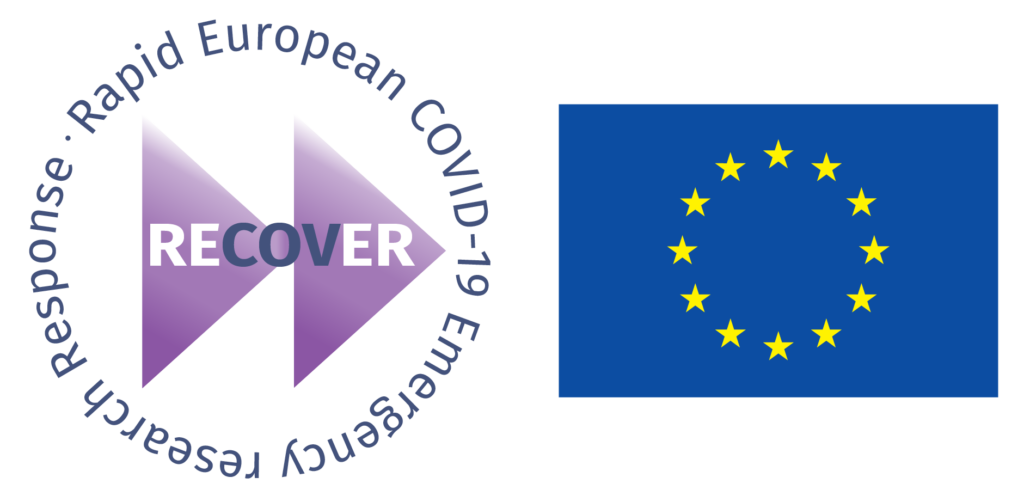Publications - May 2020

Preprint and peer-reviewed publications from RECOVER’s studies
Using models applied to hospital and death data, this study estimates the impact of the lockdown and current population immunity.
(Salje et al. 2020)
Read article
This cross-sectional study was performed in 2 teaching hospitals in the southern part of the Netherlands in March 2020, during the early phase of the COVID-19 pandemic. Health care workers employed in the participating hospitals who experienced fever or respiratory symptoms were asked to voluntarily participate in a screening for infection with the severe acute respiratory syndrome coronavirus 2. Data analysis was performed in March 2020.
A study identifying several early independent SARS-CoV-2 introductions without local transmission, highlighting the efficacy of the measures taken to prevent virus spread from symptomatic cases. In addition, genomic data reveals the later predominant circulation of a major clade in many French regions, and implies local circulation of the virus in undocumented infections prior to the wave of COVID-19 cases.
(Gámbaro et al. 2020)
Read article
SARS-CoV-2 is a novel coronavirus that has rapidly spread across the globe. In the Netherlands, the first case of SARS-CoV-2 has been notified on the 27th of February. Here, we describe the first three weeks of the SARS-CoV-2 outbreak in the Netherlands, which started with several different introductory events from Italy, Austria, Germany and France followed by local amplification in, and later also, outside the South of the Netherlands. The timely generation of whole genome sequences combined with epidemiological investigations facilitated early decision making in an attempt to control local transmission of SARS-CoV-2 in the Netherlands.
To track the European spread of SARS-CoV-2, decentralized testing became necessary and test capacity needed to be expanded outside reference laboratories rapidly. We assessed via an online questionnaire the preparedness of European hospital laboratories for detection of SARS-CoV-2 and listed the main drawbacks for implementation. Forty-five percent of the surveyed labs had a test in place by March 26th which is well into the first wave of the pandemic in most countries. The main implementation barriers for introduction of a SARSCoV-2 molecular assay in European diagnostic laboratories were availability of positive controls and a specificity panel.
